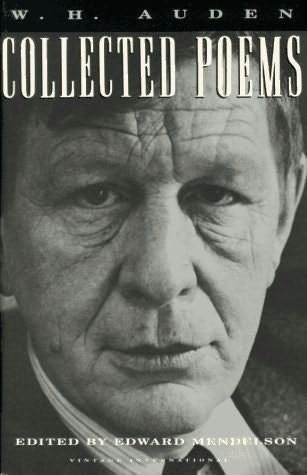What do you think?
Rate this book


960 pages, Paperback
First published January 1, 1976
St. Thomas Aquinas
Always regarded wine as
A medicinal juice
that helped him to deduce.
Ludvig van Beethoven
Believed it proven
That, for mortal dust,
What must be, must.
William Blake
Found Newton hard to take,
And was not enormously taken
With Francis Bacon.
Lord Byron
Once succumbed to a Siren:
His flesh was weak,
Hers Greek.
Dante
Was utterly enchanté
When Beatrice cried in tones that were peachy:
Noi siamo amici.
Thomas Hardy
Was never tardy
When summoned to fulfill
The Immanent Will.
No one could ever inveigle
Georg Wilhelm Friedrich Hegel
Into offering the slightest apology
For his Phenomenology.
Henry James
Abhorred the word Dames,
And always wrote "Mommas"
With inverted commas.
When the young Kant
Was told to kiss his aunt,
He obeyed the Categorical Must,
But only just.
Nietzsche
Had the habit as a teacher
Of cracking his joints
To emphasize his points.
Louis Pasteur,
So his colleagues aver,
Lived on excellent terms
With most of his germs.
Christina Rossetti
Thought it rather petty,
When her brother, D.G.,
Put laudanum in her tea.
When Sir Walter Scott
Made a blot,
He stamped with rage
And started a new page.
T. S. Eliot is quite at a loss
When clubwomen bustle across
. At literary teas,
. Crying:--"What, if you please,
Did you mean by The Mill on the Floss?"
Stop all the clocks, cut off the telephone,
Prevent the dog from barking with a juicy bone,
Silence the pianos and with muffled drum
Bring out the coffin, let the mourners come.
Let aeroplanes circle moaning overhead
Scribbling on the sky the message He Is Dead,
Put crêpe bows round the white necks of the public doves,
Let the traffic policemen wear black cotton gloves.
He was my North, my South, my East and West,
My working week and my Sunday rest,
My noon, my midnight, my talk, my song;
I thought that love would last for ever: I was wrong.
The stars are not wanted now: put out every one;
Pack up the moon and dismantle the sun;
Pour away the ocean and sweep up the wood.
For nothing now can ever come to any good.